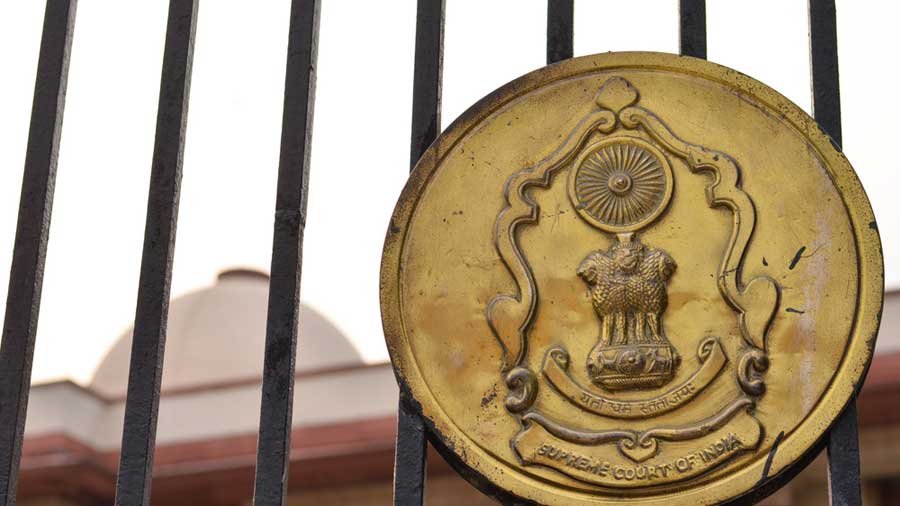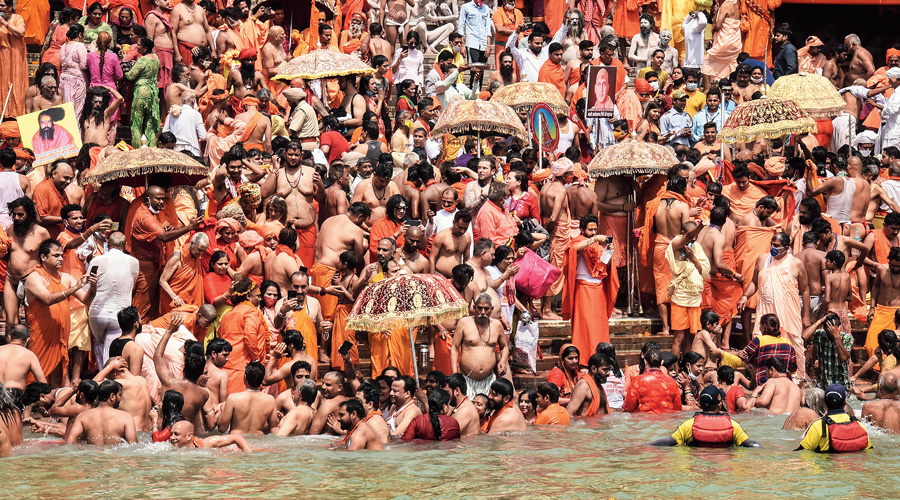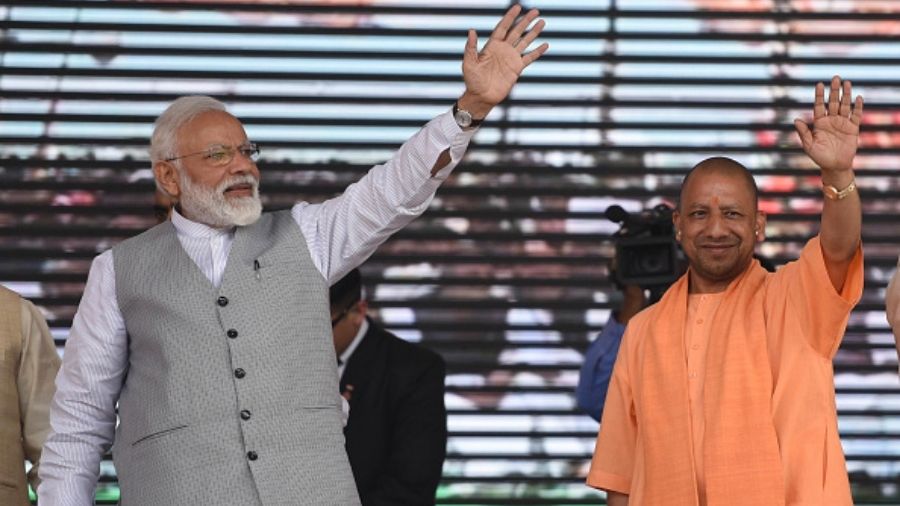The Supreme Court on Friday said it would ban this year’s Kanwar Yatra pilgrimage if the Uttar Pradesh government didn’t do so, asserting that religious sentiments were “subservient” to people’s fundamental right to health and life.
The court’s firm stand in the face of the Yogi Adityanath government’s reluctance to ban the annual Yatra came amid fears that the pilgrimage could fuel a third wave of Covid much as the April Kumbh Mela had helped spread the devastating second wave.
Some 3.5 crore Shiva devotees had participated in the Kanwar Yatra in 2019 but state governments had prevented the pilgrimage last year owing to the Covid outbreak.
“The health of the citizenry of India and their right to ‘life’ are paramount. All other sentiments, albeit religious, are subservient to this most basic fundamental right,” the bench of Justices R.F. Nariman and B.R. Gavai said.
At the hearing, the Centre and the Uttarakhand government had opposed the conduct of the Yatra, thus isolating the Adityanath government which had said it wanted to allow the pilgrimage amid “stringent” restrictions.
When solicitor-general Tushar Mehta, representing the Centre, said the Uttar Pradesh government must not allow the pilgrims to travel to Hardwar and bring back Ganga water to bathe Shiva idols, Justice Nariman remarked: “State of UP cannot go ahead with it — 100 per cent.”
Senior advocate C.S. Vaidyanathan, representing the Uttar Pradesh government, pleaded that only a limited number of devotees who had been vaccinated or could produce negative RT-PCR reports would be allowed to participate in the Yatra.
“Mr Vaidyanathan, either we pass the orders directly (banning the Yatra) or give you one more opportunity to reconsider holding the Yatra physically,” the bench orally observed.
“The pandemic affects all of us. We are all citizens of India. This suo motu case is taken because Article 21 (right to life) applies to all of us and we have to safeguard it.”
Vaidyanathan then sought permission to seek further instructions from the Uttar Pradesh government. The bench then posted the next hearing to Monday.
Its written order said: “We are of the view that this is a matter which concerns every one of us as citizens of India, and goes to the very heart of Article 21 of the Constitution of India, which has a pride of place in the fundamental rights chapter of our Constitution.”
The bench had on Wednesday issued suo motu notices to the Centre and the Uttar Pradesh and Uttarakhand governments on the subject of banning the Kanwar Yatra. It had said it was “disturbed” at the “disparate” views expressed by Prime Minister Narendra Modi and other political leaders on large gatherings during the pandemic.
The apex court had referred to news reports quoting Modi as saying it was up to the people to stop a third wave and that the country could not compromise “even a bit”. But, as the court noted, the Uttar Pradesh government had decided to allow the Yatra while the Uttarakhand government had banned it.
The Uttar Pradesh government’s affidavit had said that officials would try to persuade the local Kanwar Sanghs to withhold the pilgrimage. If anyone still insisted on going ahead “due to compelling religious reasons”, they “should apply for permission”.
Apart from having to furnish vaccination certificates or negative test reports from the previous three days, the pilgrims would have to follow a strict Covid protocol, the affidavit said.













